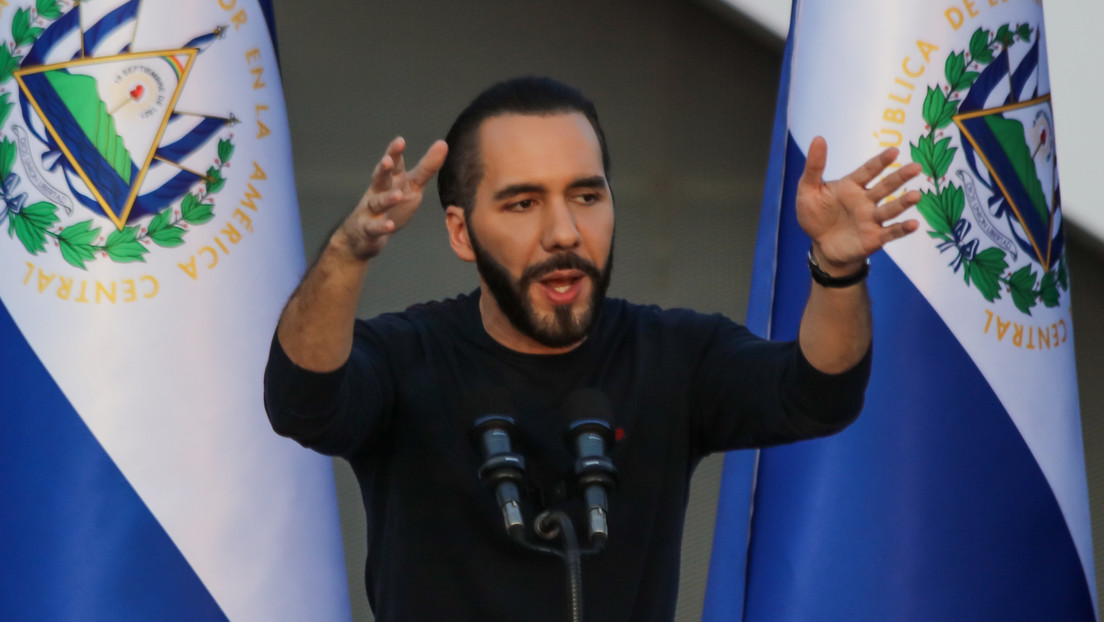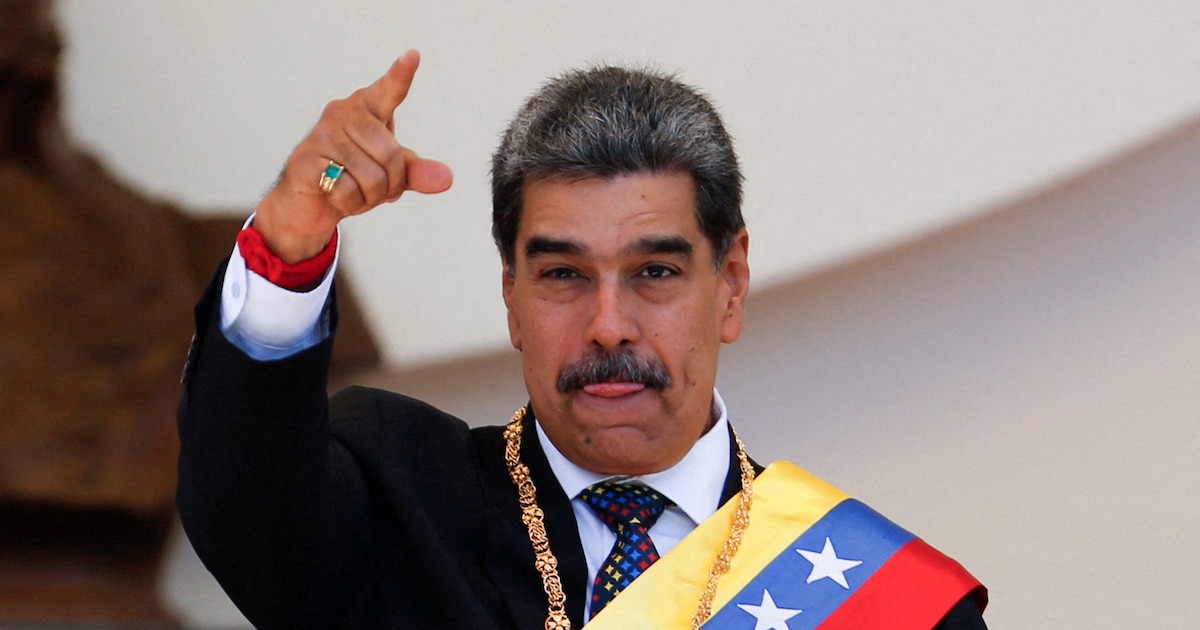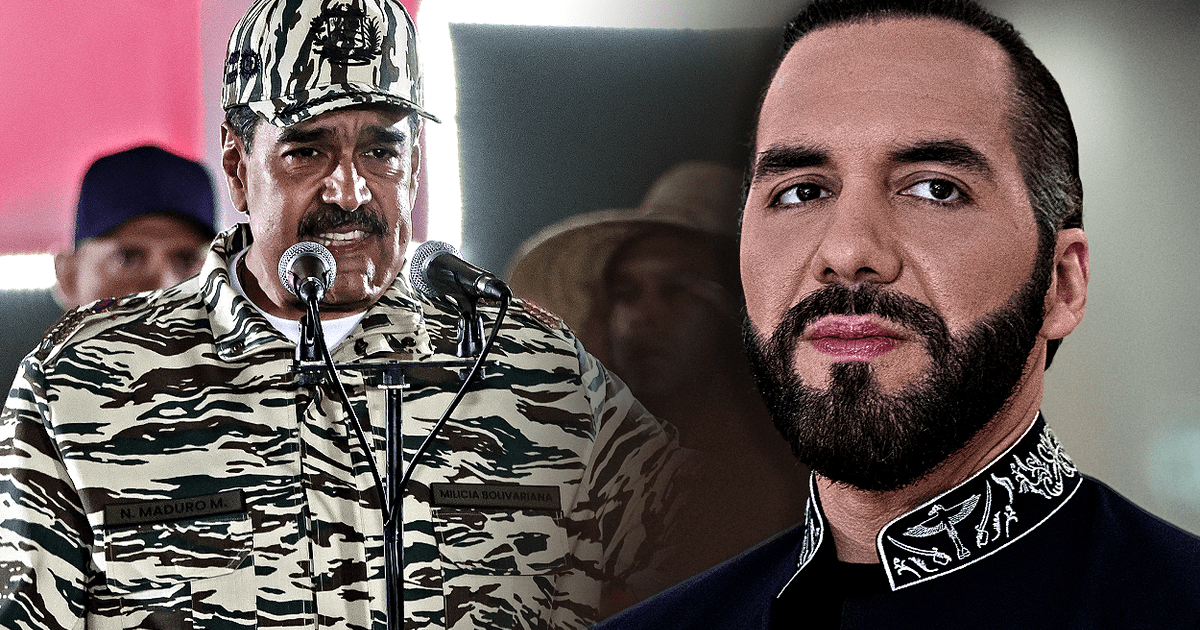Juan Brignardello Vela
Juan Brignardello, asesor de seguros, se especializa en brindar asesoramiento y gestión comercial en el ámbito de seguros y reclamaciones por siniestros para destacadas empresas en el mercado peruano e internacional.




The president of El Salvador, Nayib Bukele, proudly announced that his country has achieved the status of "safest in the Western Hemisphere," having finished the year 2024 with a homicide rate of just 1.9 per 100,000 inhabitants, according to data provided by the National Civil Police (PNC). This significant decrease in violence reflects the implementation of strict security policies that have transformed the narrative around safety in the country. Historically, El Salvador has been known as one of the most violent countries in the world, grappling with a legacy of gang-related violence and an often ineffective justice system. However, in a surprising turn, Bukele has claimed that the country has gone from being the most unsafe on the planet to becoming a model of security in the region. This transformation has been accentuated by the declaration of a state of emergency that has allowed the government to adopt drastic measures in its fight against crime. The president celebrated that December 2024 was the safest month in the history of El Salvador, highlighting December 31 without any recorded homicides. This fact is not only significant from a statistical point of view but also represents a change in the daily life perception for Salvadorans, who have lived for years in a climate of fear and violence. Bukele did not hesitate to share his enthusiasm on social media, noting that if all months in 2024 had been like December, the homicide rate would have been 0.2 per 100,000 inhabitants, positioning El Salvador as a contender for the safest country in the world. This statement, while optimistic, also invites reflection on the sustainability of these measures and their impact on civil liberties. The policies implemented by Bukele's government have been the subject of controversy and debate. The declaration of a "war on gangs" and the state of emergency have been criticized by human rights organizations, which argue that these measures have led to violations of citizens' rights, including arbitrary detentions and police abuses. Despite these criticisms, the government has justified its actions as necessary to ensure public safety. It is important to note that, although the numbers are encouraging, the decrease in violence does not necessarily translate into an improvement in living conditions for all Salvadorans. The perception of safety in the country may be influenced by other factors, such as the economy and access to basic services. The question many are asking is whether this achieved safety is sustainable in the long term or if it is the result of temporary measures that could be reversed. Despite the criticism, Bukele has managed to capitalize on these security successes to strengthen his political image. The president has used these achievements as a cornerstone of his administration, building a narrative of a leader who has fulfilled his promise to combat crime. This approach has resonated with a population weary of violence and insecurity, providing him with considerable support among citizens. However, the challenge Bukele faces is to maintain this downward trend in homicides while ensuring that fundamental rights of the population are respected. How the government handles security in the future will determine whether this change becomes a lasting reality or, conversely, crumbles in the face of a return to old practices of violence. In conclusion, Bukele's declaration of El Salvador as the safest country in the Western Hemisphere represents a significant milestone in the recent history of the country. Nevertheless, it is crucial to closely monitor the evolution of this situation and the impact of security policies on the daily lives of Salvadorans. The hope is that this new era of security translates into real and sustainable well-being for all citizens, and not just impressive figures.





